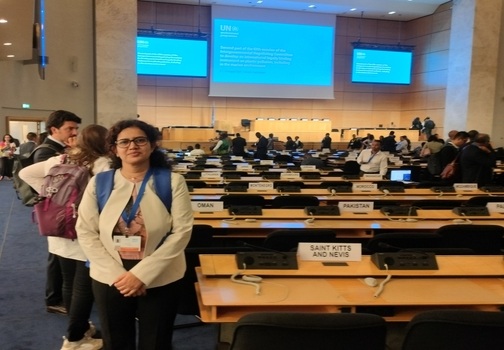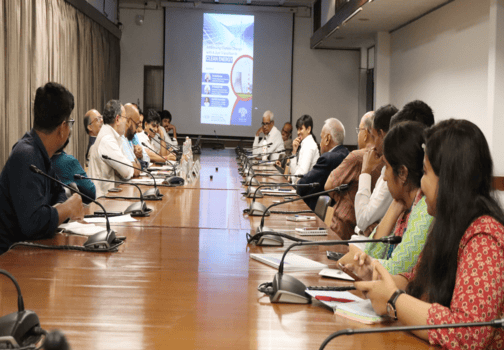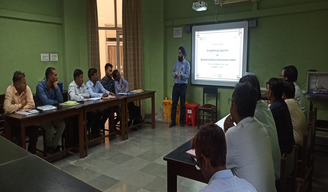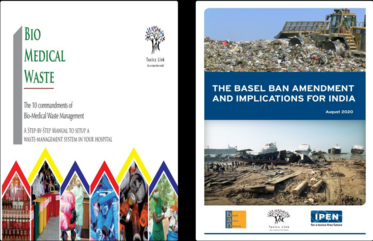
Title: An Insight of Mercury-Free Products in India
Publication Type: Research Reports
Year of Publication: 2021
Abstract:This study is an indication on the overall status of the mercury-free alternative products in India. It was found that in some of the sectors like health care and lamps, India has made considerable progress in shifting to the alternative products. However, the cost and quality of the products are the major concerns for India considering the wide diversity of the socio-economic class of people living in the country. Further information on the health hazards of mercury is low among the consumers, traders, manufacturers and the workers as well.Another important aspect of the study is that the domestic demand for mercury and mercury-free products are largely met with the import from China. Incidentally the study also reflected that with the ban on export of mercury products from China, business is getting affected particularly of health care instruments like thermometer and sphygmomanometer. Nevertheless, there are industries which are manufacturing mercury-free products in India and with suitable policy and government handholding India can become a manufacturing hub for the mercury-free products. Therefore, it’s the right time for the government to assess the current scenario and act accordingly to make it a mercury-free country and also emerge as a manufacturing hub for mercury-free products.
Suggested Readings
Managing Hospital Waste: A Guide for Health Care Facilities
Keywords: Hospital waste management guideMedical waste disposal practices,Srishti health care waste report,Responsible waste management in hospitals,Infectious waste containment,Waste segregation in health care,Hospital waste treatment technologies,National standards...
Mercury in Hospital Indoor Air: Staff and Patient at Risk
Even as the Central Pollution Control Body seeks feedback on the draft guidelines on e-waste management in the country, Delhi-based Toxics Link has released a pioneering study mapping the e-waste scenario in Kolkata, revealing that not only is the city fast joining other metros in e-waste generation, but is also emerging as a major centre for hazardous e-waste recycling in its residential areas that is being imported from overseas apart from other parts of India. The study titled: “E-waste: Flooding the city of joy”, places the figure of e-waste generation in Kolkata at 9,000 tonnes annually. This only includes the waste generated from computers, television sets and refrigerators, implying that the figure is much higher if washing machines, cellphones, music players, compact disc/DVD players etc are also added. For more information please write us at info@toxicslink.org
Making the Most of a Mess: A Handbook on Municipal Solid Waste
Pesticide consumption in agriculture has been on the rise in the last 20 years in India. Pesticides are used extensively in crops such as cotton, paddy, chilies, horticulture, tobacco, etc. They are also used for public health purposes like vector control for diseases like malaria, dengue, and so forth. However, little attention is given to their long term impact on the environment and human beings. The report, The Killing Fields: Farmer deaths due to exposure to pesticides in Warangal District, investigates into the harmful effects of pesticides on farmers in the Warangal district of Andhra Pradesh. The report is a collaborative effort of Toxics Link, Sarvodaya Youth Organisation, Centre for Resource Education, and Community Health Cell.













